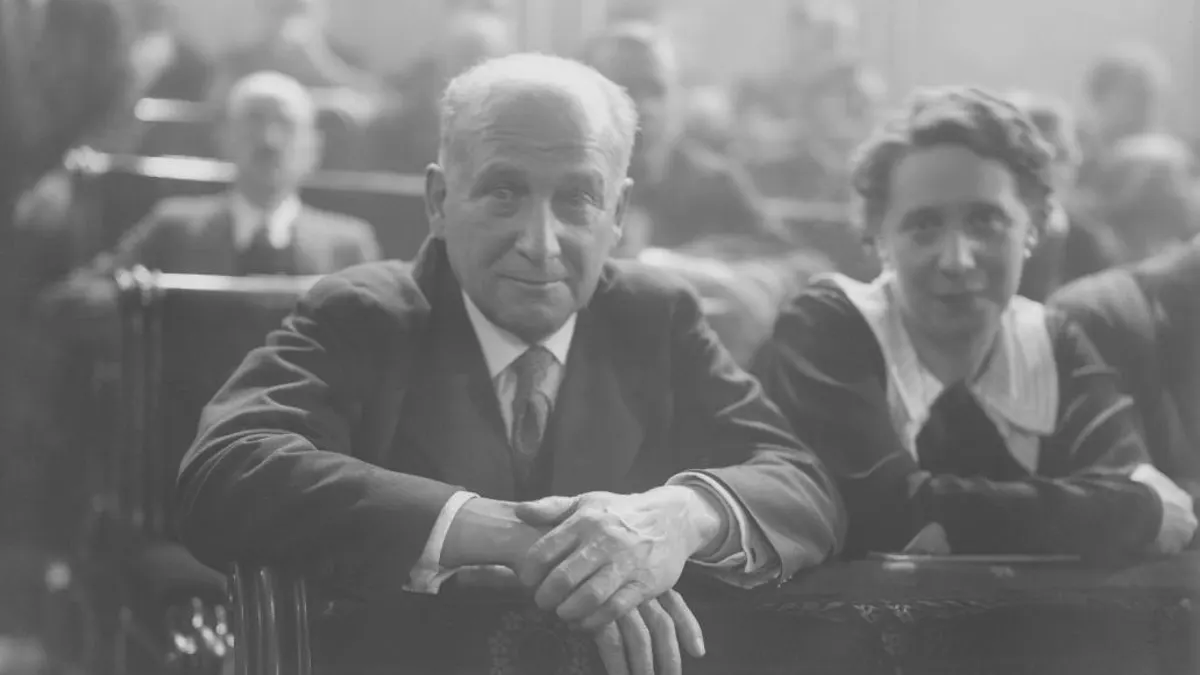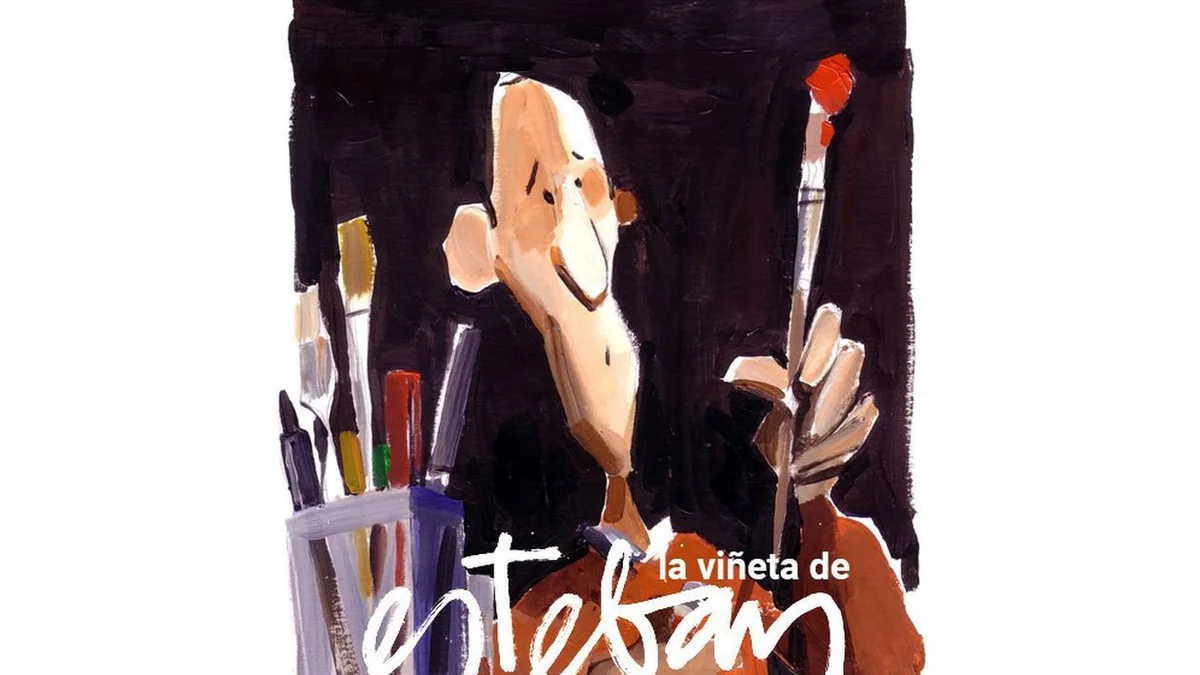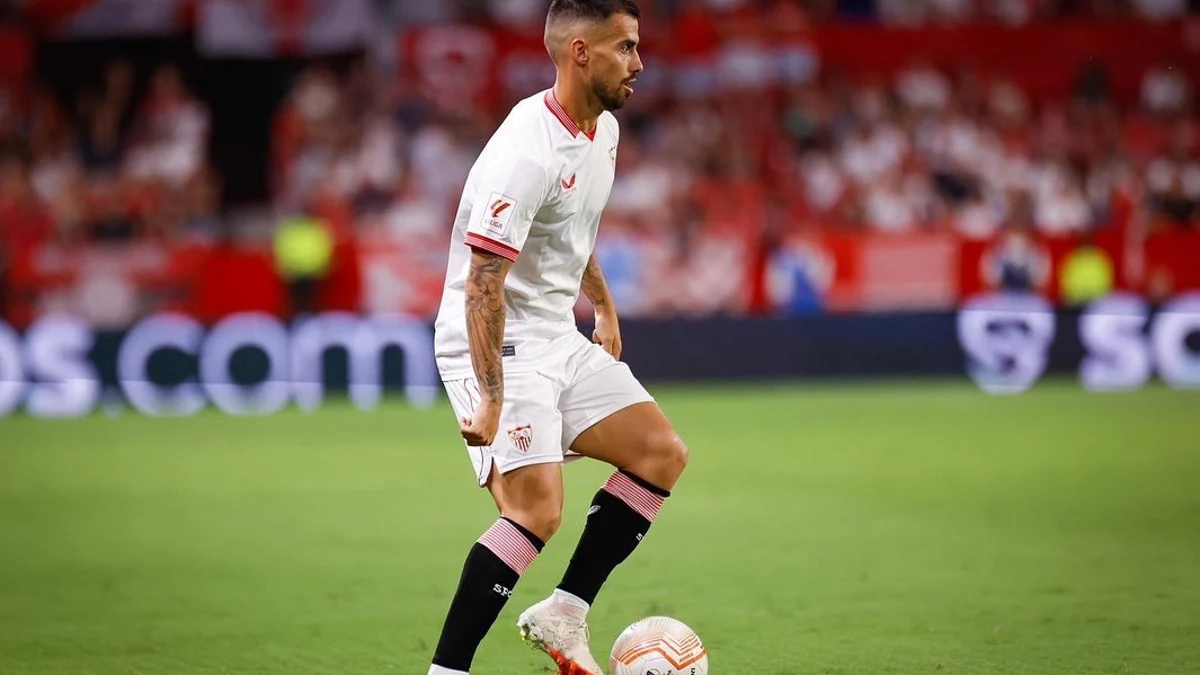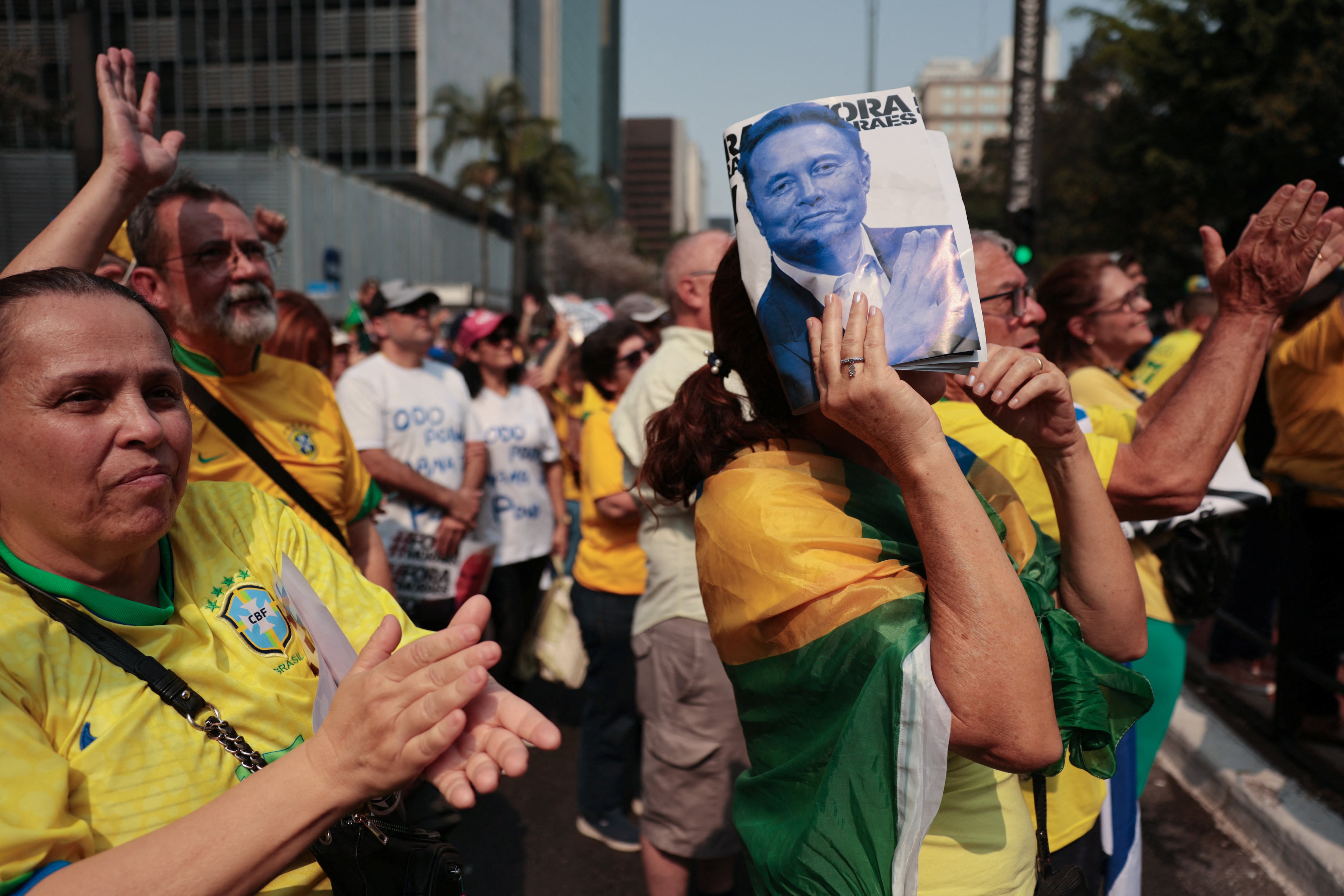If U.S. gymnastics superstar Simone Biles were to perform her triple-twisting double backflip to Taylor Swift’s “…Ready For It?” at the Paris Olympics, as she did at the trials in late June, NBC almost certainly won’t need a costly special license to air the track live. NBC pays performing rights organizations ASCAP, BMI and SESAC for blanket public-performance licenses, and the PROs distribute the royalty payments to their hundreds of thousands of members, such as songwriters, publishers and composers, from Paul McCartney to Dua Lipa to Swift herself.
These payments can add up to big money: The 2020 Olympics drew more than 3 billion viewers, a key factor in determining performance-royalty payments. “The larger the audience for the broadcast will generally result in a higher royalty,” says an ASCAP spokesperson.
For the live TV broadcast, or online live-streaming, the blanket licenses cover all the necessary song rights — foreign PROs pay for the foreign TV broadcast rights and U.S. PROs pay for the U.S. rights. It gets trickier if NBC decides to use the song later, in a delayed broadcast, highlight video or some kind of YouTube-style on-demand streaming. In such cases, says Joy Butler, a Washington, D.C., entertainment and digital-technology attorney and author of The Permission Seeker’s Guide Through the Legal Jungle, NBC might need a separate synch license, negotiated with a publisher.
“But NBC might have reasons to not obtain that sync,” Butler adds. “They’re reporting on the Olympics, which is a newsworthy event. That gives them excellent reasons to rely on fair use.”
Fair use refers to a U.S. copyright doctrine in which a journalist can air snippets of a recorded song in the context of reporting a news story, or quote lyrics while reviewing a record. If an NBC news report on Biles’ Olympic performance picks up a bit of “…Ready For It?,” that may qualify, but NBC would have to tread carefully. “Fair use is very fickle,” Butler says. “The cases kind of go both ways. So you have to do risk assessment if you’ve got music in the background, and you’ve got a taped version which is delayed or on demand.”
TV producers tend to be disinclined to contact rightsholders and negotiate new (and perhaps costly) new licenses when using a song in the background of a recorded video, Butler says: “It absolutely happens that producers will err on the side of caution, and not have the music playing, just have the video run without the audio.” An NBC spokesperson declined to comment for this story.
This royalty-paying system can be cumbersome, but public venues such as the Bercy Arena in Paris and broadcasters such as NBC are used to it. “This is the same system that is in place for all audio-visual programming, including other sports events,” says the ASCAP rep.






























